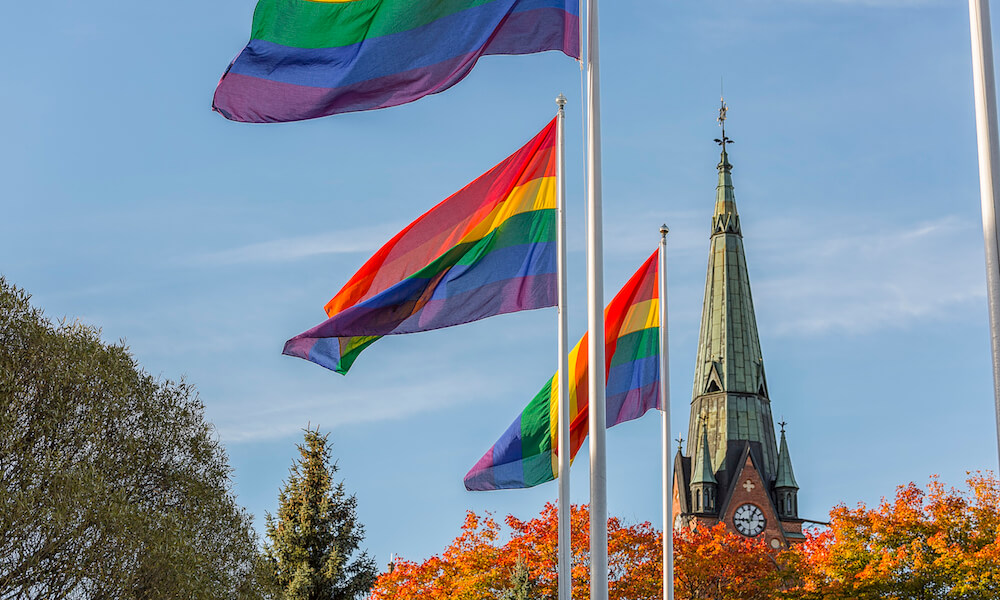Cute aggression is the feeling of wanting to squeeze or pinch something we think is adorable.


Cute aggression is the feeling of wanting to squeeze or pinch something we think is adorable.

With the rise of music streaming, the music industry now produces less plastic waste than before. However, streaming music has its unintended consequences.

Annie Londonderry was an important figure of the Women’s Liberation movement in the 1890s. Watch the video to separate fact from fiction.

Ralph Waldo Emerson was a man of many talents. Read some of his most famous quotes and see their modern day translations.

Young people have the ability to change the world in large and small ways. Read the article to learn how you can change the world too.

At “Poverty Parties” during the Gilded Age, the rich would transform from riches to rags to “free” themselves from the constraints of society. Read more about the insensitive parties that took place at a time of significant income disparity.

The struggle for Gay rights took many forms in the late 1900s, though their goals were the same: equality and acceptance. Look at photos of some of the first Pride parades and learn the history of how modern Pride celebrations came to be.

Western Carolina University is preserving the Cherokee language, which will help preserve the culture. Learn why this decision matters so much to the Cherokee people.

Psychologist Thomas Suddendorf argues the importance of identifying the similarities and differences between humans and other animals.

Researchers at Penn State have found that most participants in a study identified robots as male when they were presented with no gender cues, but simple alterations on the robots’ screens could strengthen anthropomorphic personalities that humans tend to give computers.

This article outlines 13 things psychologists say indicate the future success of children.

Learn which countries do a good (and not-so-good) job of protecting the rights of children. Explore the links to learn more about how each country’s score is tabulated.

Read ten facts about the 1863 Proclamation, one of the most important documents in the history of the United States.

Osman Ali and Sabrina Seyf, Minnesotans of Somali ancestry, love to share their art with the people of Minneapolis. Through artifacts and the art of henna, people learn about the Somali culture.

Four centuries and many changes to the English language have passed since Shakespeare wrote. Here’s why we still read his works.

The late Garry Davis, a former bomber pilot haunted by his World War II experiences, hoped to unite all of mankind by eliminating national boundaries.

The first transcontinental railroad transformed America and came to symbolize a new spirit of unity and cooperation. Yet for decades after its completion, the Chinese workers who made the railroad’s construction possible were overlooked. Recently, steps have been taken to remedy this historical injustice.

Author Rebecca Makkai reflects on how her father’s escape from Communist-controlled Hungary in 1956 still echoes in her life in the United States.

With more and more Americans worried about their weight, clothing makers are making shifts in sizing to make customers feel better about themselves. Read this article to learn more about “vanity sizing.”

In Boston’s schools, an initiative is creating outdoor spaces for learning and having great success. Students and teachers are finding that these outdoor classrooms are improving education.